Life, in its full and infinite glory, can be so good. Yet inevitably we’ll all experience our share of twists and turns, ups and downs. From smaller things to larger, more impactful events, it’s a given that we’ll face stressful or life-changing situations as we move through our days. Our ability to adapt to these circumstances is resilience.
The American Psychological Association explains that resilience is “the process and outcome of successfully adapting to difficult or challenging life experiences, especially through mental, emotional, and behavioral flexibility and adjustment to external and internal demands.”
This capacity to not only withstand adversity, but to survive, bounce back from, and grow despite it, is a skillset we develop over time. It requires that we tap into our inner strength, as well as that of our support systems, to work through life’s hardships.
Resilience can be physical, emotional, or social:
- Physical resilience is our body’s ability to handle and recover quickly from acute or chronic health stressors, including exertion or injury.
- Emotional resilience is the ability to respond to stressful or unexpected challenges; it taps into realistic optimism, even in times of crisis.
- Social resilience is the ability of groups to respond to, cope with, and recover from challenging situations or threats, like natural disaster, violence, or health risks.
To varying degrees, we’re all naturally wired with the ability to adjust. And though we can develop greater resilience over time, many of us don’t know how strong and flexible we innately are.
With a slight shift of perspective, however, we can begin to see how difficulties don’t reduce us but can change and improve us. How we react to adversity can influence how our life stories unfold.
While it’s often categorized as toughness or strength, resilience isn’t armor, nor does it necessarily mean we’re hardened. We often perceive it as a close cousin to persistence and in the same family as tenacity.
But if we dig a little deeper, resilience might be more closely related to passion and the intrinsic desire to protect the things we love — our relationships, the bodies we live in, the work we do, the communities we’re part of, the ideals we live by, the causes we believe in. The things we find meaningful give us the strength and purpose to work through setbacks and pain, probably because we can see, and believe in, something bigger than the obstacle we’re facing.
If we dig a little deeper, resilience might be more closely related to passion and the intrinsic desire to protect the things we love.
Is being resilient easy? Not at all. Even the strongest among us can feel swallowed up or paralyzed by fear and pain. But the resilient keep going; we work through tough situations, even if we have to encounter the same obstacles more than once.
What’s important is that we don’t give up. We can fall again and again, but we have to find ways to keep getting back up. The goal is to improve a tiny bit every day, every week, every year. As experience often proves, our growth enables us to face and overcome challenges.
Once again, we look to trees as a wonderful metaphor. Their character is sculpted in the act of healing from hurt and hardship. They may be disfigured by a bolt of lightning, for instance, yet continue to grow.
They bow to unforgiving winds and stand strong under the burden of heavy snows. They bend to find the light under a crowded canopy of cohorts. They demonstrate their resilience as they adapt and change.
Adversity doesn’t mean defeat; rather, it presents new opportunities to transform and even thrive. We can shift our focus and try to look at everything that happens to us as a gift: that hard times are an opportunity to transform and expand.
Once we begin to understand and accept there will be challenges, and take the time to understand resilience, we gain the wisdom to know we’re capable of not just making it through tough times, but of emerging with more courage and confidence.
We can recognize it as a means for moving forward — a tool that profoundly contributes to our growth as human beings who are always in the process of building full, meaningful lives.
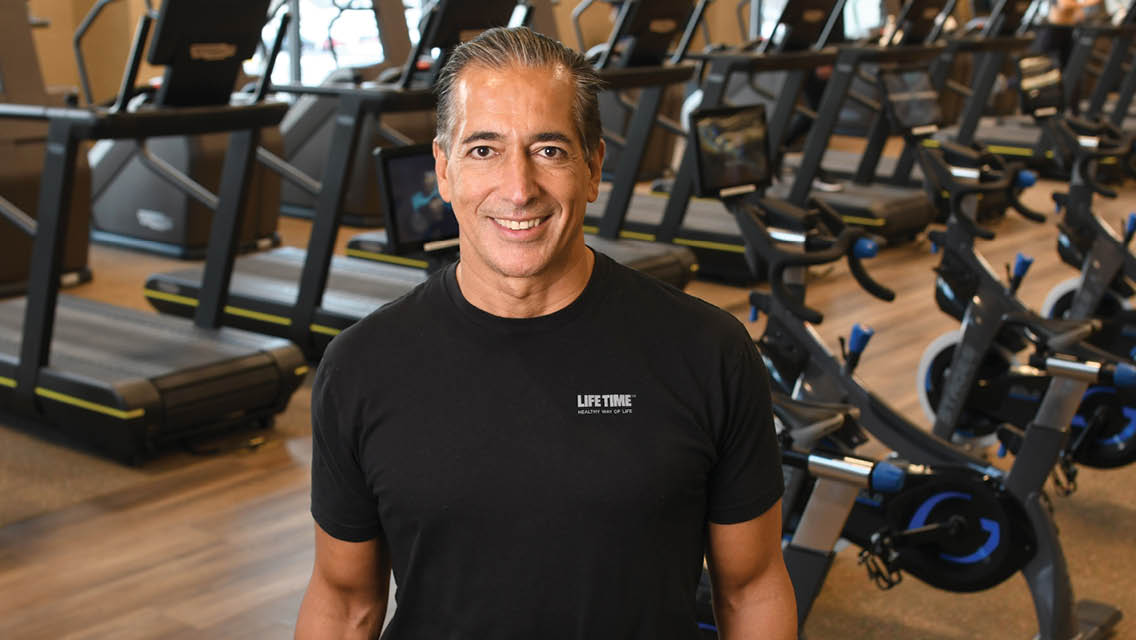
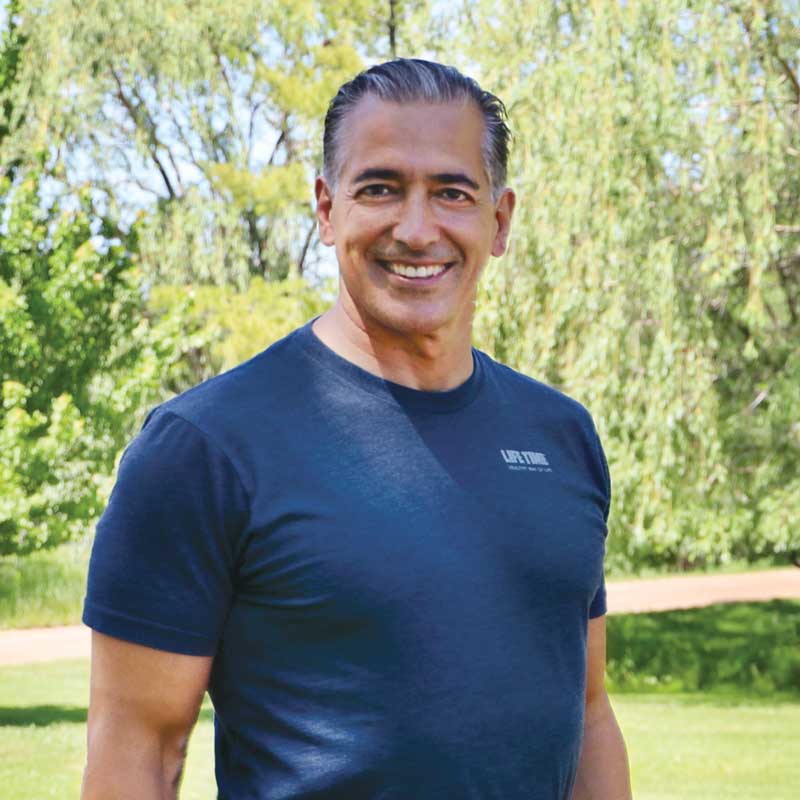
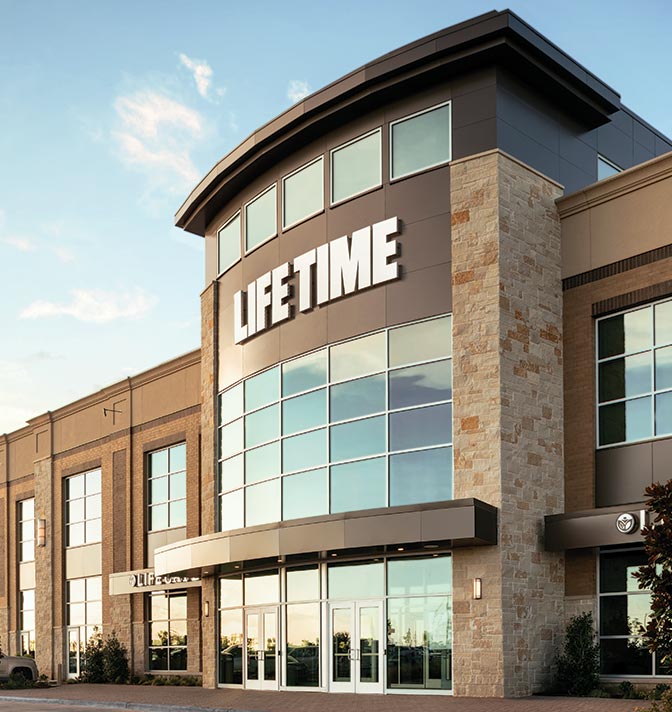

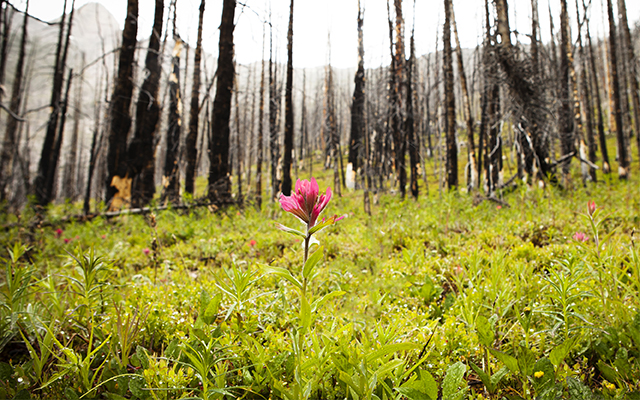
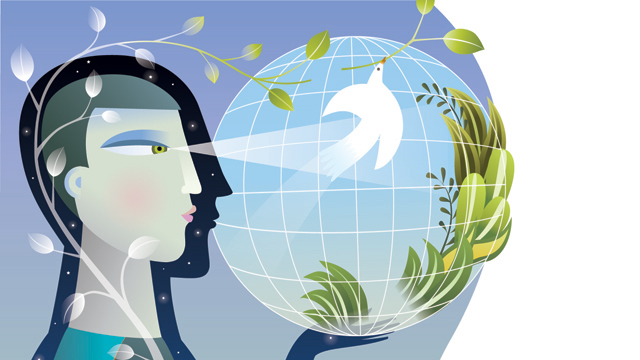
This Post Has 0 Comments